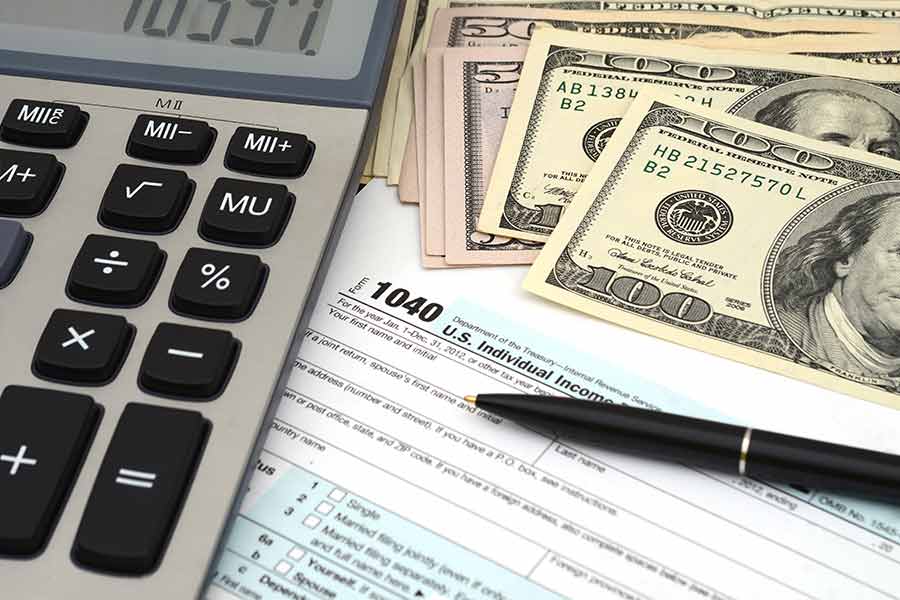Tax season is swiftly approaching and as you gather together all of your tax forms and receipts, you may be wondering how to claim a dependent on your tax return. While the process of claiming a dependent on your income tax return can be confusing, if you follow a few basic rules, it can actually be quite simple.
Why Claim a Dependent?
Claiming a dependent affords a taxpayer many benefits. For instance, claiming a dependent increases a taxpayer’s exemptions, which in turn decreases his or her tax liability, or the amount of tax owed to the Internal Revenue Service (IRS) for the year. A dependent may be claimed in a number of ways, most typically as a dependent child or dependent relative.
Claiming a Dependent Child
A child may be claimed as a dependent on a taxpayer’s return if he or she qualifies under a few fairly straightforward rules. The IRS states that a child may be biological, a step-child, an adopted child, and certain qualifying foster children. In addition to this description, the child must meet four other requirements:
- The child must be related to the taxpayer in some way (e.g. child can be biologically yours, adopted, foster, brother, sister or decedent of other relative).
- The child must meet the residency requirements as set forth by the IRS which state that the child must live with the taxpayer for more than one half of the year.
- A dependent child must also meet certain age requirements: he or she must be under 19 years of age, or must be under 24 years old and attending school as a full-time student for more than five months out of the year.
- The claiming taxpayer must provide more than half of the child’s support throughout the year.
Claiming a Dependent Relative
If you are providing support for your mother-in-law, a cousin, or even in some cases a child who does not qualify as a dependent child, you may be able to claim them on your taxes as a dependent. A relative may be claimed as a dependent if they meet the following requirements:
- The relative is not a qualifying dependent child.
- If the individual’s gross income (before taxes) is less than the personal exemption amount which varies from year to year. For 2011 taxes, the amount is $3,700.
- If you provide more than half of the individual’s total support, you may claim them.
- If you are in some way related to the individual – biologically or through marriage – you may claim them as a dependent.
Things to Keep in Mind
Only one taxpayer may claim a dependent child. In the case of a divorced couple, only one parent may claim a dependent child on their tax return. This parent is the one with whom the child resides for a majority of the year. Some dependents who are not relatives may be claimed as a dependent, such as friends, boyfriends and girlfriends, and domestic partners. These individuals must meet many of the same requirements as a dependent relative, except that a non-related dependent must reside with you for the entire year.
By following these simple rules, claiming a dependent on your tax return is not a difficult process; however, if you are still unsure about whether your dependent may qualify as such on your tax return, contact the Internal Revenue Service for clarification.



Leave a Reply
You must be logged in to post a comment.